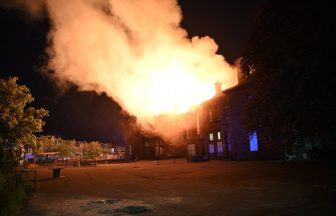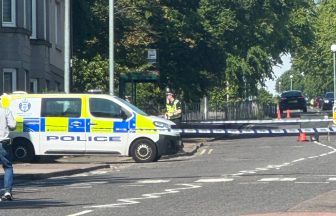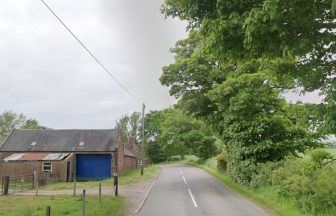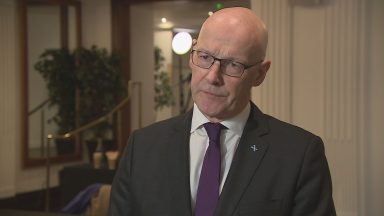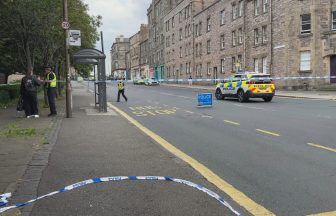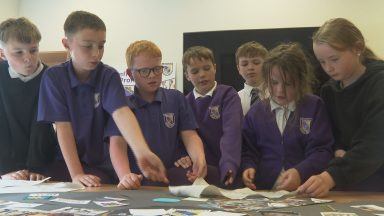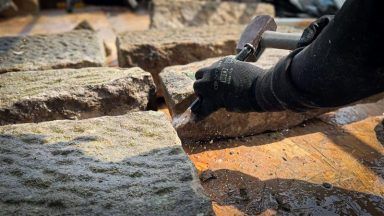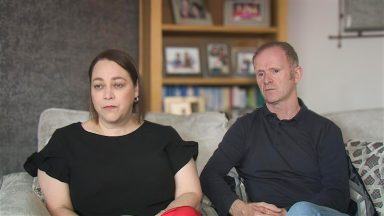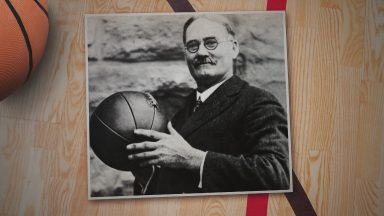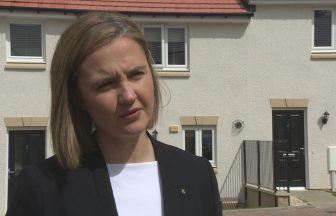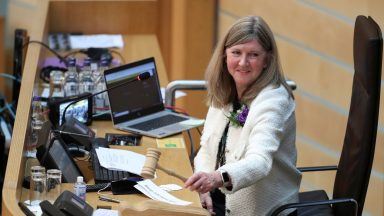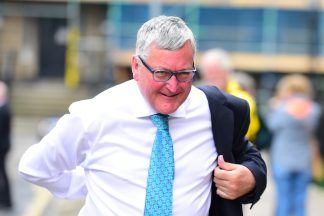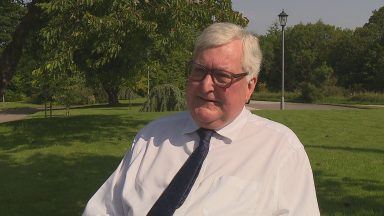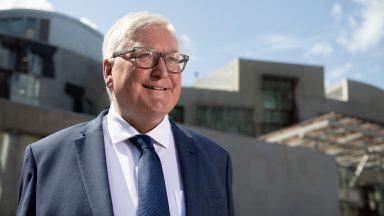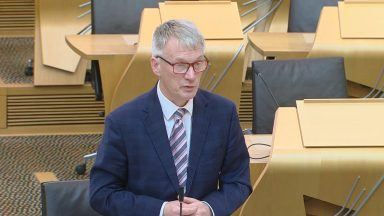Foreign secretary Dominic Raab has rejected fresh calls for an early easing of the coronavirus lockdown, saying the outbreak was still at a “delicate and dangerous” stage.
The Government is coming under intense pressure from senior Tories to relax the strict social-distancing measures, amid concern at the damage they are doing to the economy.
But Mr Raab, who has been standing in for Prime Minister Boris Johnson while he recovers from the disease, said the Government would proceed “cautiously” in order to avoid a second peak in the outbreak.
“We are at a delicate and dangerous stage,” he told Sky News’s Sophy Ridge on Sunday programme.
“We need to make sure that the next steps are sure-footed, which is why we are proceeding very cautiously and we are sticking to the scientific advice with the social-distancing measures at this time, whilst doing all the homework to make sure that we are prepared in due course for the next phase.”
Mr Raab brushed off a call from Labour leader Sir Keir Starmer for the Government to set out an “exit strategy” explaining how the lockdown could eventually be lifted.
“Until we can be confident, based on the scientific advice, that we are making sure-footed steps going forward that protect life, but also preserve our way of life, frankly it is not responsible to start speculating about the individual measures,” he said.
Meanwhile, a coronavirus vaccine might not be ready until later next year, the former deputy chief medical officer for England has said.
Professor Gina Radford said people needed to be “realistic” about the prospect of a vaccine as researchers are having to “start from scratch” to create one.
It comes as the first human trials for a Covid-19 vaccine in the UK began on Thursday.
Professor Radford, who held her government role between 2015 and 2019, said: “We haven’t got a hugely good track record with vaccines for this particular virus, coronavirus, the family of viruses.
“But having said that, everything is being thrown at it. There are researchers all over the world trying to identify a vaccine.
“We have never seen anything like the effort that is being made to discover this vaccine.”
Prof Radford said there is a “huge process” of testing that needs to be undertaken to determine if potential vaccines are safe and effective.
“There is no point creating a vaccine that will then cause more harm than it is trying to prevent,” she added.
“I think those who are very used to the process of developing vaccines are saying they are not anticipating it being available until well into next year.”
Follow STV News on WhatsApp
Scan the QR code on your mobile device for all the latest news from around the country




